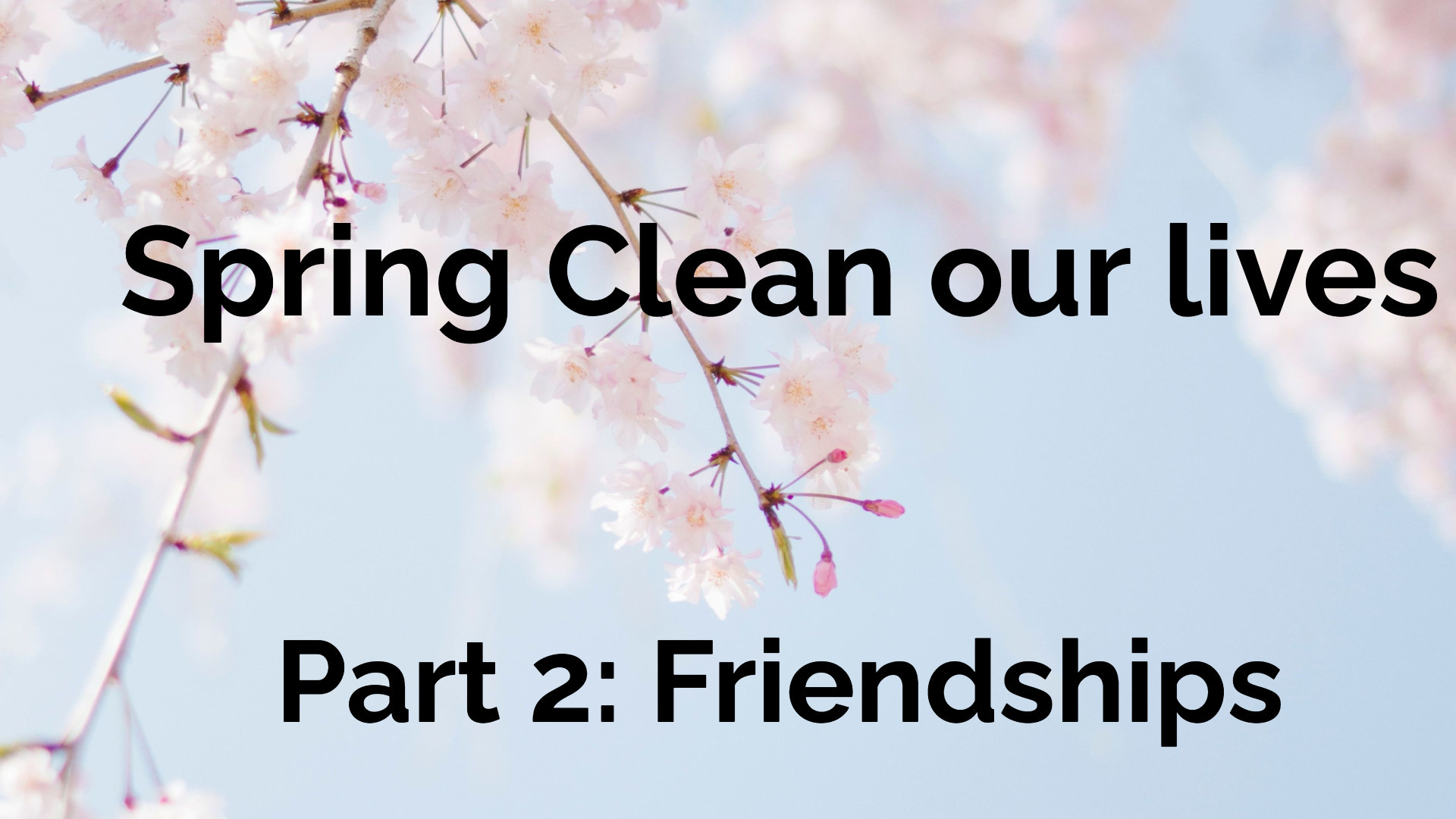Christmas is seen as a happy and magical time, but not for all, this is a time when feelings of loneliness are amplified, and people can be under stress and pressure – not everyone has happy family lives. Too many are estranged or have lost loved ones.
The evidence is that
- Over a quarter of us have felt our mental health worsen over the Christmas period (YouGov, 2019)
- Nearly half of us admitting to keeping our true feelings hidden to keep people happy (Samaritans, 2016).
My University Supervisors have shared details on the DRAMMA model, (Newman et al, 2014) as a way to protect and promote our well-being.
The model focuses on six psychological needs:
- Detachment (switching off from work)
- Relaxation (unwinding)
- Autonomy (being in control of your actions and choices)
- Mastery (experiencing proficiency and skillfulness)
- Meaning (experiencing a sense of purpose and significance in your life)
- Affiliation (feeling closely related and emotionally connected to people)
Can you add more DRAMMA to your Christmas break?
Detachment (switching off from work)
Research (CIPD, 2020), has found that 40% of us check our emails at least 5 times a day on the weekend or on days off. Could you reduce the temptation by clearing away your work from home office, packing away your laptop, taking work email off any device you will need (such as your phone), communicating to all your colleagues and clients that you are going to be off, and putting on your ‘Out of office’ and stating that you will not be picking up emails while you are off.
> What can you do to switch off from work?
Relaxation (unwinding)
For many of us Christmas isn’t a time of relaxation but a time of great organisation, plans and effort. The challenges of the pandemic, lack of breaks and real holidays, along with work intensification has left the majority of us tired, exhausted and run down. This year, try to build in some time for your own self-care and recovery at Christmas. Add a few minutes into your diary every day where you do something that gives you relaxation and recovery. Recovery is best when it is something different to work – so if you are a chef, you may not want to cook the Christmas dinner; and if your work is screen based, recover by time away from technology and zoom calls.
> Can you identify some ways to relax and unwind?
Autonomy (being in control of your actions and choices)
So many ‘shoulds’ and ‘musts’ surround Christmas because we all hold expectations about what the ‘perfect Christmas’ needs to include. We often play down our needs by the pressured beliefs that ‘it is all about the kids’ or that ‘we have to see all of our family’ – and these expectations can lead to excessive running about and guilt around letting people down or upsetting them. This year, the pandemic offers us the opportunity to do Christmas differently and break from the expectations. Instead of doing what you have always done, break away from the ‘shoulds’ of Christmas, think about a Christmas that prioritises rest, relaxation and peace for you and your nearest and dearest.
> What is the Christmas that you want? This is the year we have more opportunity to do what we want.
Mastery (experiencing proficiency and skillfulness)
Research demonstrates that both learning and doing things we are good at increases our self-esteem and this in turn has a protective effect on our wellbeing. Think about what you can do this break to give you that sense of accomplishment. Could it be revisiting the old instrument that you used to play, tackling a new recipe, or completing a crossword or the trickiest jigsaw?
> How will you get a sense of accomplishment?
Meaning (experiencing a sense of purpose and significance in your life)
We can get so caught up in the run-up to Christmas in terms of getting everything ready and completing work that we don’t stop and reflect upon what we are doing and how it makes us feel. Take a moment now to reflect upon what it is about Christmas that you really value and what is most important to you. Then consider whether you put the most time and effort into this. If you don’t, what could you change so that you prioritise the meaningful elements of Christmas? It may not be about stopping anything, but about changing the way we think, and worry, about other things.
> Something to consider, what is it that is meaningful for you?
Affiliation (feeling closely related and emotionally connected to people)
Christmas this year will be like no other. For many, this will mean not seeing the family and friends that we normally see. If this is the case, think about ideas for how you can build that sense of love and togetherness whilst separated. For instance, organising virtual events or sharing stories and memories with each other. Consider those in your community that aren’t surrounded by love and belonging and how you could give them joy and hope this Christmas. Christmas is also a time for increased conflict with our loved ones. Being separated won’t have changed that, and in fact, being unused to others, may increase the likelihood of rows. If you do argue, give yourself a break – it is normal for this time of year, it is expected given the year that you have had, and move on. Focus on the present – take a moment to be thankful for what and who we have, rather than focusing on what we do not.
> Can you focus on the good and breathe when things are getting on top of you?
Wiith thanks to Jo Yarker and Rachel Lewis of Affinity Health at Work www.affinityhealthatwork.com





